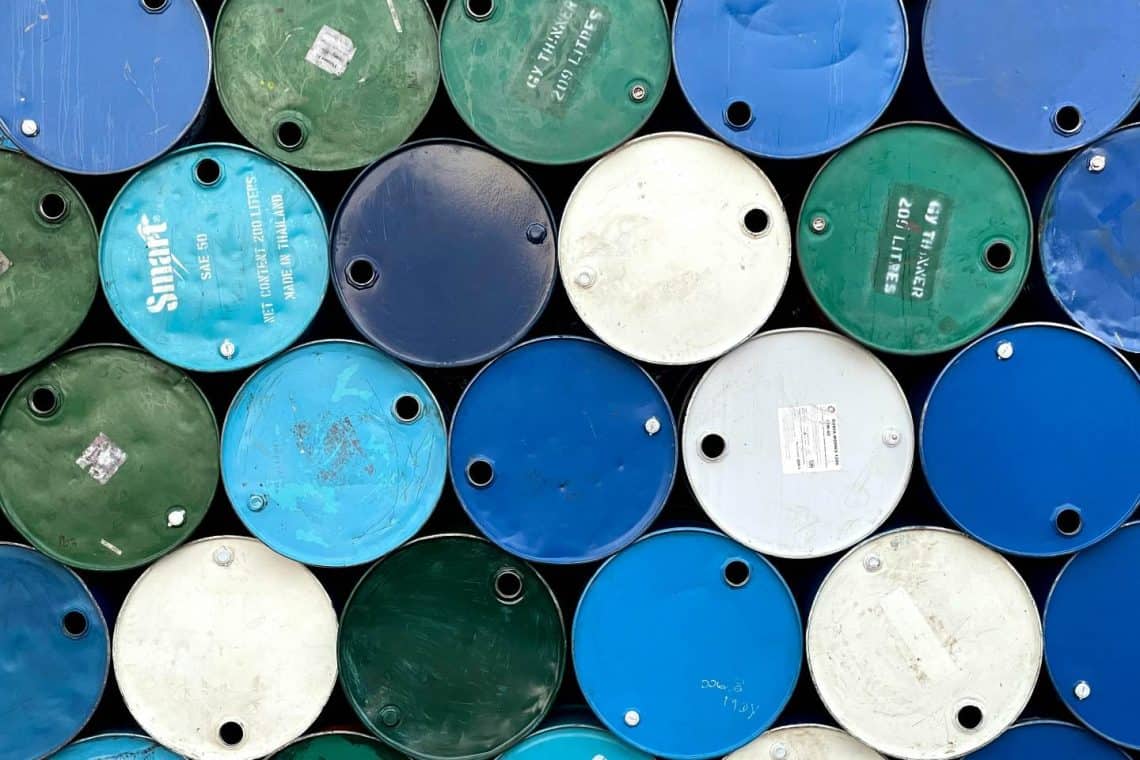In a dramatic escalation of South Africa’s energy challenges, French energy giant TotalEnergies has issued a stark ultimatum: fix the crippling permit delays or watch offshore oil and gas projects stall. This “oil freeze” threat, voiced amid a cascade of legal roadblocks, highlights the fragile balance between environmental protections and the nation’s pursuit of an energy jackpot that could fuel economic revival. Experts warn of job losses while highlighting offshore wind as a viable green alternative, raising the stakes for South Africa’s energy sector.
The Court Ruling That Derailed TotalEnergies’ Offshore Plans
On August 14, 2025, the Western Cape High Court rescinded TotalEnergies’ environmental authorization (EA) for oil exploration in Block 5/6/7 off the Cape coast. Judge Nobahle Mangcu-Lockwood cited deficiencies in the environmental impact assessment, including inadequate evaluation of socio-economic fallout from potential spills and climate change implications.
The ruling followed a challenge by environmental non-profits such as Natural Justice, representing coastal communities concerned about ecological damage. “This confirms that companies must follow due process, undertake comprehensive assessments, and allow communities to be heard,” said Melissa Groenink-Groves, programme manager at Natural Justice. TotalEnergies, which considered exiting the block and handing operatorship to Shell, stated it would review the judgment and explore submitting revised assessments.
South Africa’s permitting process has faced prolonged legal battles and bureaucratic delays, contrasting sharply with faster approvals in neighboring African nations like Namibia and Angola. This has chilled foreign investment in what could be a multi-billion-dollar offshore opportunity.
TotalEnergies Draws a Line Over ‘Unacceptable Delays’
By October 6, 2025, TotalEnergies’ frustration boiled over. Nicolas Terraz, the company’s president of Exploration & Production, criticized “unacceptable delays” in South Africa’s approval timelines, warning that continued red tape could force suspension of activities in blocks like the Deep Water Orange Basin (DWOB), Orange Basin Deep (OBD), Outeniqua South, and 3B/4B.
“Procedural obstacles are slowing project execution and hindering offshore operations,” Terraz said. The company had planned drilling as early as 2026, but repeated court interventions and regulatory hurdles have delayed timelines. TotalEnergies highlighted how other African countries are progressing faster with seismic surveys and permits, leaving South Africa behind.
Joint ventures with QatarEnergy, Meren Energy, and Eco Atlantic Oil & Gas are also affected, threatening to deter the global capital needed to unlock South Africa’s estimated 9 billion barrels of offshore oil reserves.
Job Losses Loom Amid Permit Paralysis
The human cost is stark. Analysts warn that halting projects could eliminate thousands of jobs in an economy already suffering energy shortages and high unemployment. The African Energy Chamber estimates that Block 3B/4B alone could generate over 10,000 direct and indirect jobs—opportunities now in jeopardy due to legal delays.
“Anti-oil agendas, driven by litigation from groups like The Green Connection, prioritize disruption over the best interests of South Africans,” said NJ Ayuk, Executive Chairman of the African Energy Chamber. Delayed industrial growth, continued reliance on expensive energy imports, and eroded investor confidence exacerbate fuel insecurity in a nation facing rolling blackouts.
Economic fallout also includes lost revenue for skills development, infrastructure upgrades, and community programs. Every month of delay represents billions in lost investment and livelihoods at risk, particularly for coastal towns dependent on energy growth.
Experts Call for Urgent Reform
Industry voices are calling for change. Mike McDade, TotalEnergies’ head of African exploration, described the delays as “unacceptable,” urging South Africa to adopt faster permitting akin to neighboring countries. Chevron supports upgraded seismic technology to de-risk investments and accelerate discoveries.
Consultant Anton Eberhard attributes bottlenecks to inconsistent regulations and over-reliance on litigation. “South Africa risks becoming a cautionary tale for frontier exploration,” he warns, while environmental advocates maintain rigorous checks are necessary for sustainable development.
Consensus points to a hybrid approach: streamline approvals while maintaining transparency, perhaps through fast-track panels for low-impact projects. “Responsible oil and gas isn’t the enemy of the environment—it’s the engine for ending energy poverty and enabling prosperity,” Ayuk emphasizes.
Offshore Wind: South Africa’s Green Alternative
With oil projects stalled, attention is turning to offshore wind. South Africa’s floating wind potential exceeds 589 GW—enough to meet current electricity demand and reduce coal reliance. This renewable source could cut 500 tonnes of CO₂ per GWh, supporting Paris Agreement commitments and stabilizing the grid during peak hours.
Momentum is growing. The 1 GW Carissa Wind Energy Facility—South Africa’s largest onshore wind project, powering green hydrogen by 2029—shows the scale of ambition. Hybrid projects combining wind, solar, tidal, and storage aim to optimize output and attract eco-conscious investors.
Benefits include thousands of green jobs in turbine manufacturing, port retrofits, and maintenance; enhanced energy security; and progress toward hydrogen exports. Challenges such as biodiversity protection remain, but government incentives via the Renewable Energy Independent Power Producer Procurement Programme (REIPPPP) and offtake guarantees position offshore wind as a national energy lifeline. “We are proud of this step toward a cleaner, more resilient future,” says a Carissa project lead.
South Africa faces an energy crossroads. By reforming fossil fuel permits and advancing renewables like offshore wind, the nation could turn today’s freeze into tomorrow’s energy jackpot, aligning economic growth with environmental stewardship.
